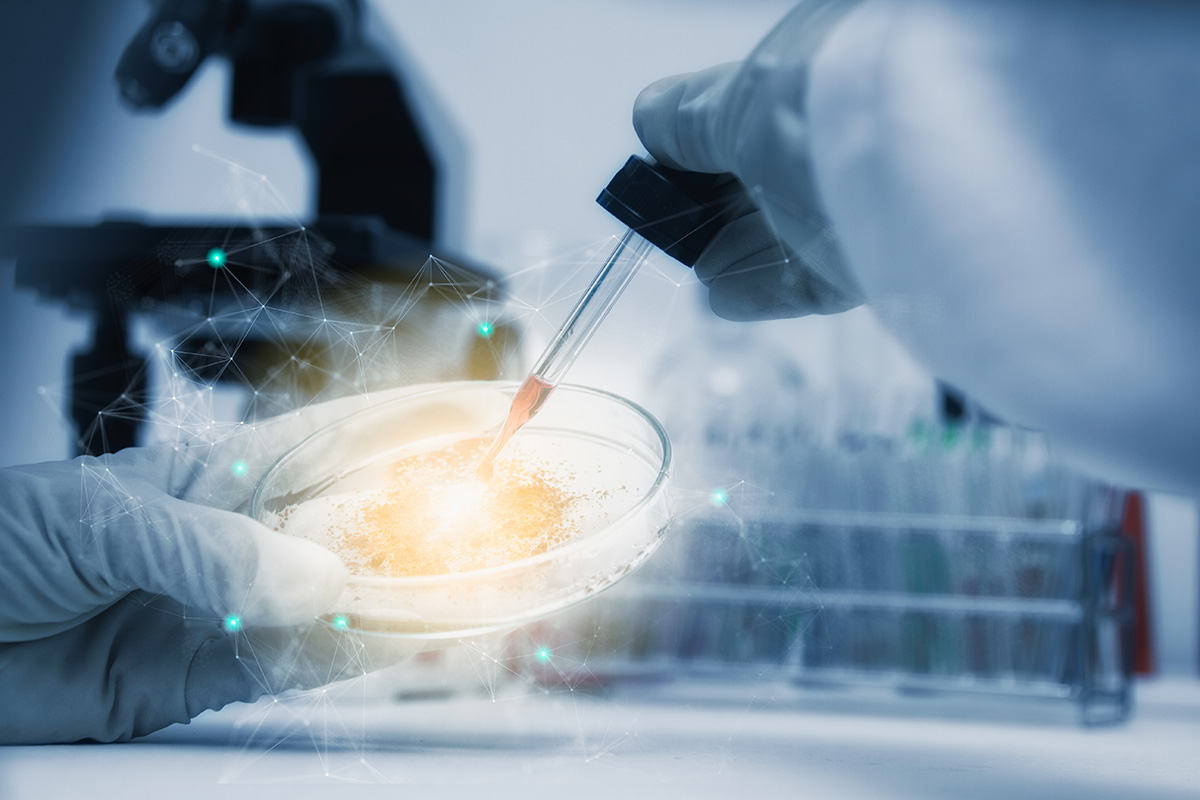Phospholipid has been found promising for better and more effective delivery of drugs, particularly of systematic drugs. Phosphatidylcholine, as a member of phospholipids, can participate in the formation of liposomes and has important application prospects in drug delivery. With years of experience and high-end technologies, Creative Biolabs offers a wide range of phospholipid-based pharmaceutical formulations and related services to customers worldwide. As a service provider, our goal is to provide the highest level of service, confidentiality and customer support.

According to the sources, phospholipids can be divided into natural phospholipids and synthetic phospholipids. Natural phospholipids are widely distributed in animals and plants, and the main sources include vegetable oils (such as soybeans, cottonseed, corn, sunflowers, and rapeseed) and animal tissues (such as egg yolk and bovine brains). Synthetic phospholipids are those synthesized by some physicochemical methods. Since naturally occurring single-component phospholipids cannot be made by chromatographic purification techniques, a single component phospholipid having a defined structure and configuration is typically synthesized chemically. The synthesis of phospholipids can be classified into semi-synthesis and total synthesis.
Phosphatidylcholine (PC) is a type of phospholipid that can be synthesized chemically. Unfortunately, it’s difficult to control the purity of natural phosphatidylcholine PC, relatively unstable in nature, can be metabolized into other products in the process of usage and storage. Compared to natural phosphatidylcholine, synthetic phosphatidylcholine has the following advantages: i) the property is relatively stable; ii) the purity is relatively high.
Liposomes are vesicles prepared with phospholipids as the main substance, the structure of which is similar to cellular membranes. Liposomes as carriers can deliver both hydrophilic and lipophilic drugs. Thanks to their stable nature and higher purity, synthetic phospholipids are commonly used in liposomes to deliver hydrophobic and hydrophilic drug molecules as drug delivery vehicles.
In classical mixed micelles (MM), water-insoluble phospholipid molecules combine another surfactant such as bile salts (BS) to form MM, and the hydrophobic core of MM encapsulates poorly soluble drugs. Phospholipids can form MM with a variety of substances, and PC/BS MM is used as a carrier that can greatly improve the solubility of poorly soluble drugs.
Some natural compounds have a specific affinity for phospholipids, which can bind to phospholipids to form a pharmaceutical phospholipid complex. These drug-phospholipid complexes not only have better solubility in GI solutions, but also come with better absorption through lipophilic membrane systems or tissues, thus improving the bioavailability of the parent drug which has either very low lipid solubility or very poor water solubility.
Creative Biolabs is fully committed to providing the world's customers with the best-customized formulations and services about phospholipid-based drug delivery carriers. Our services have the following advantages:
As a leading provider in the field of biological research and drug discovery, Creative Biolabs has a team of Ph.D. scientists with extensive hands-on experience in basic and applied research to help clients achieve their goals. If you need help with this, please contact us for more details.
 For Research Use Only. Not For Clinical Use
For Research Use Only. Not For Clinical UseSupports
Online Inquiry